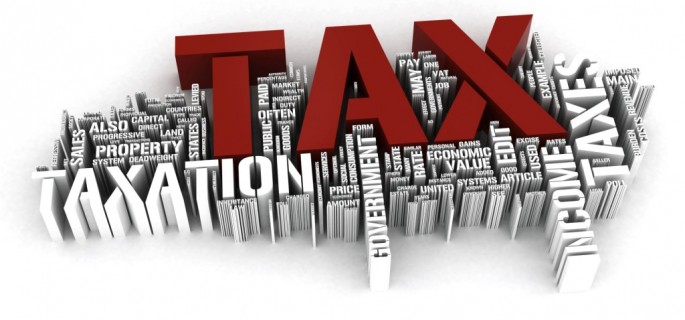Lords call for delay to LLP tax reforms

CHANGES in the taxation of limited liability partnerships should be delayed until April 2015 in order to give firms affected an opportunity to adjust, the House of Lords Economic Affairs Committee has recommended.
The government’s current intention to introduce the legislation with the Finance Bill on 6 April gives “too little time to settle all the outstanding issues, get the legislation right and enable businesses to adapt to that legislation in time for a 6 April start”, the committee said in its report on the draft Finance Bill 2014.
“Taking the time necessary to target these provisions more precisely would ensure that the resulting legislation was more robust and effective and that the new rules gained greater acceptability among taxpayers,” the committee added.
Not only that, but the committee advocated the delay in order to better align it with firms’ accounting periods so as to reduce the administrative burden on affected partnerships.
HMRC and the Treasury are concerned that limited liability partnership structures allow “disguised employment” to take place, whereby people that are ostensibly partners in fact have a guaranteed income and little decision-making power. The worry for the government is that the well-established arrangement gives rise to tax discrepancies.
Guidance released in February shows that, despite widespread adviser disquiet over the breadth of firms that could be caught within the regime, officials are pressing ahead with its introduction.
Under the draft proposals, partners must satisfy one of three tests in order to maintain their status. The first option is ensuring at least a quarter of their pay is profit-dependent; the second would see them contribute at least 25% of their ‘fixed pay’ to the firm’s capital; or the third option is to prove they have significant influence on the overall partnership.
If partners are deemed to be employees, then employer’s national insurance contributions at 13.8% will be due and other employment-related tax rules, such as benefits in kind and share scheme rules, will apply to them.
Source: accountancyage





























